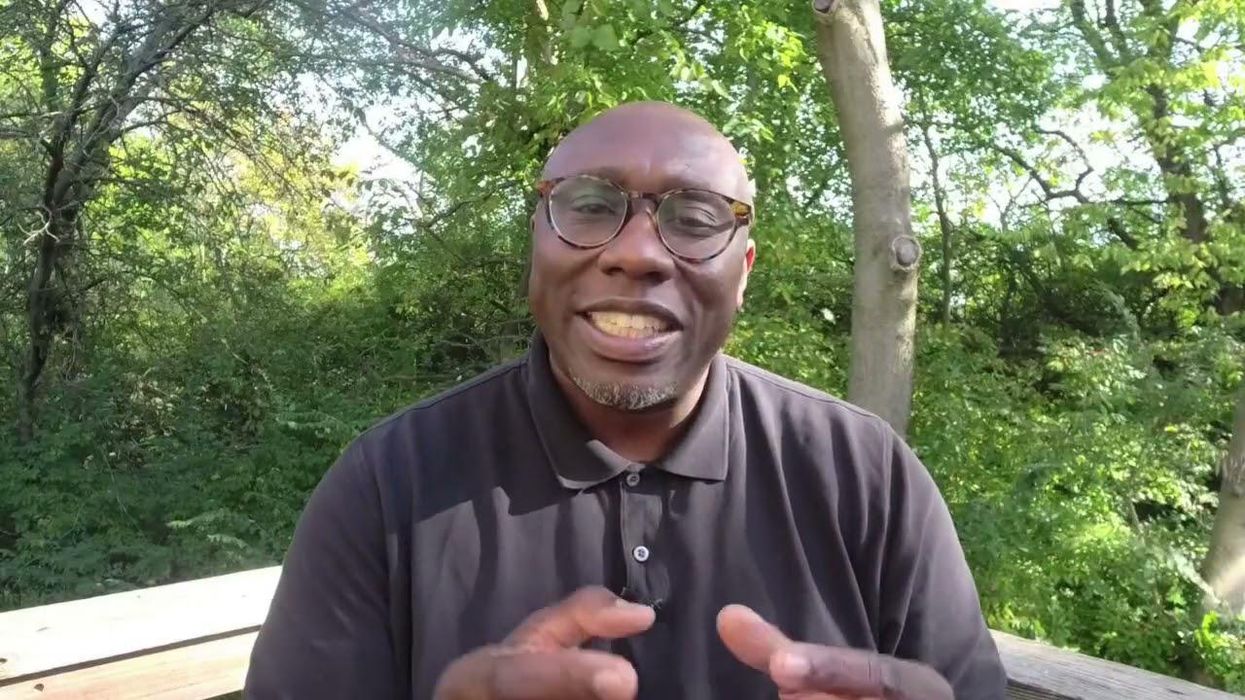Rev. Dr. F. Willis Johnson, Jr., VP of Partnerships and Programming with the Bridge Alliance, is respected for his leadership and strategies around social and racial justice issues.
Johnson shares his thoughts and reflections on Indigenous Peoples' Day.




















